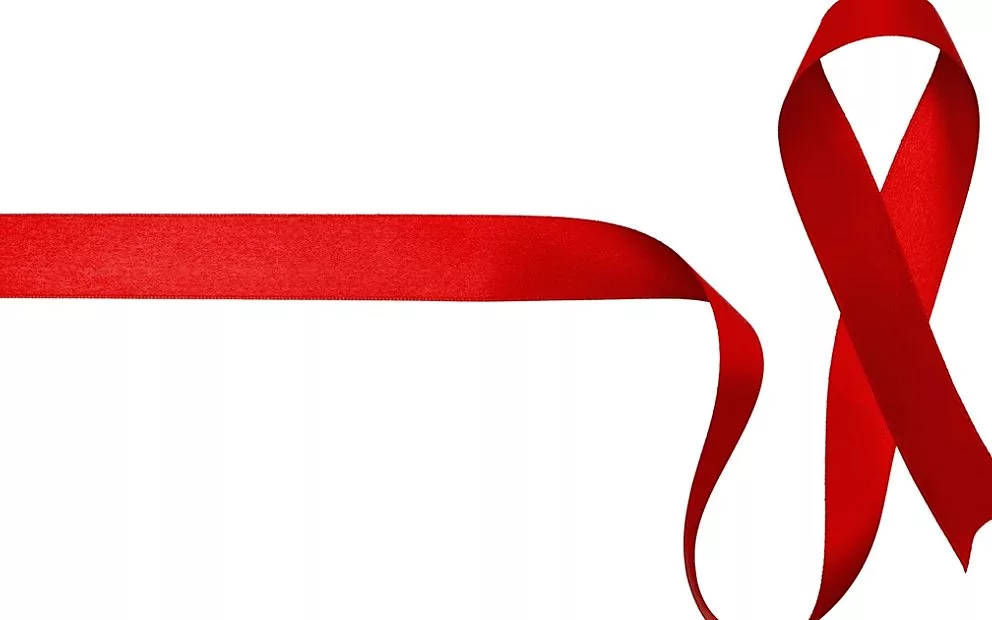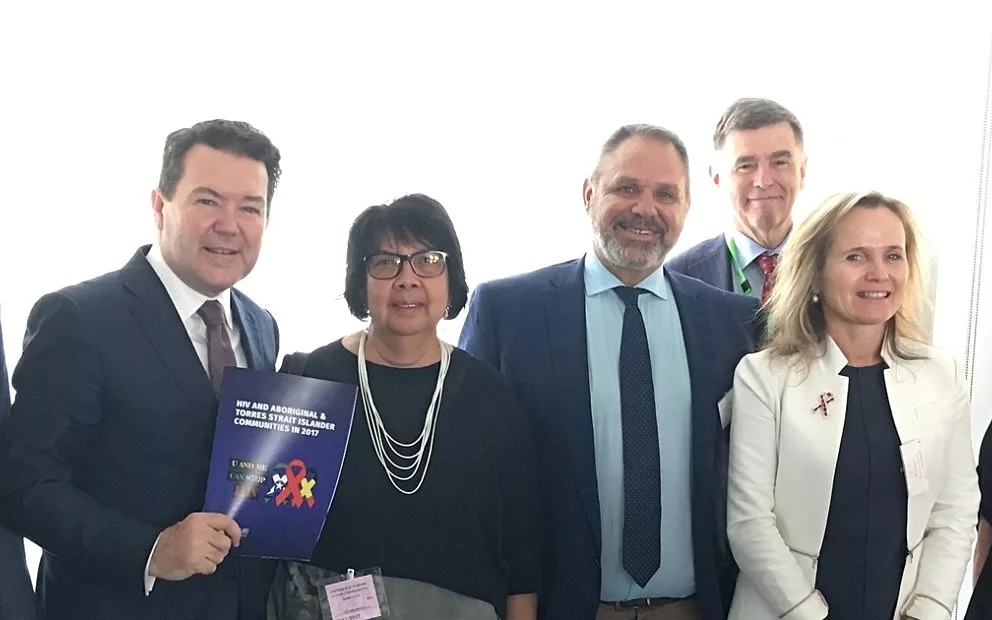With diagnoses and rates of HIV continuing to increase in the Aboriginal and Torres Strait Islander population, this years’ Aboriginal and Torres Strait Islander HIV Awareness Week (ATSIHAW) has particular significance.
At the launch in Cairns, Associate Professor James Ward, Head Infectious Diseases Research Aboriginal Health at the South Australian Health and Medical Research Institute (SAHMRI) will be presenting HIV trends data and talk about why a response is required, and how a national crisis can be averted.
Between 2010 and 2014 there was an emerging and worrying trend of increasing diagnosis rates of newly diagnosed HIV in the Aboriginal and Torres Strait Islander population. In 2013 and 2014 the diagnosis rate was 1.5 and 1.6 times higher in the Aboriginal and Torres Strait Islander population and there is now a fear that this is not just a small increase in the data, but a real and sustained increase in diagnosis rates in the Aboriginal and Torres Strait Islander population.
A/Professor Ward said this might be the end of what has been a great story in Aboriginal health over the last 30 years.
“We need to turn this around to prevent a major escalation in HIV among our population as has occurred in First Nations Peoples in Canada,” A/Professor Ward said.
“Of concern is the different transmission patterns of HIV between Aboriginal and Torres Strait Islander populations. Over the last five years, compared to the non-Indigenous Australian-born population; higher proportions of HIV cases in the Aboriginal and Torres Strait Islander population occurred because of injecting drug use (16 per cent vs 3 per cent), among heterosexual people (20 per cent vs 13 per cent) and among women (22 per cent vs 5 per cent).
“ATSIHAW, aims to increase general awareness of HIV among the population, we are trying to reach people who have missed out on school-based education and or high profile campaigns addressing HIV.
“There will be community events held during the week at over 30 Aboriginal Community Controlled Health Services across most jurisdictions. We have also been able to recruit some high-profile ambassadors for ATSIHAW, including Stephen Oliver from ABC’s Black Comedy, Professor Gracelyn Smallwood (one of the initial instigators of the long-standing Condoman Campaign) and long-standing sexual health and public health advocates.
“Our ambassadors fill a role that matches the theme of ATSIHAW - YOU and ME CAN STOP HIV - meaning it’s all our responsibility to STOP HIV in our communities,” said A/Professor Ward.
Throughout the week, a high-level summit will be held in Brisbane aimed at bringing together key public health and sexual health specialists to help determine the locations both immediate and medium, to long term, to prevent HIV from escalating in Aboriginal and Torres Strait Islander communities.
This issue has gained tremendous support from indigenous communities, government officials, such as Senator the Hon Fiona Nash, Federal Minister for Rural Health, said it is through collaboration, community events and shared learning at Summits such the one taking place in Brisbane, that headway will be made.
“Our Government has committed to a range of targeted strategies, working closely with communities and community-based organisations to meet the challenges.” said Minister Nash.
During ATSIHAW, the Australian Federation of AIDS Organisations (AFAO) will launch a special edition of HIV Australia magazine, celebrating the history and the future of the community-led response to HIV among Aboriginal and Torres Strait Islander people. Hard copies of the edition can be requested free of charge by contacting AFAO. The special edition will also be available for download at www.afao.org.au


